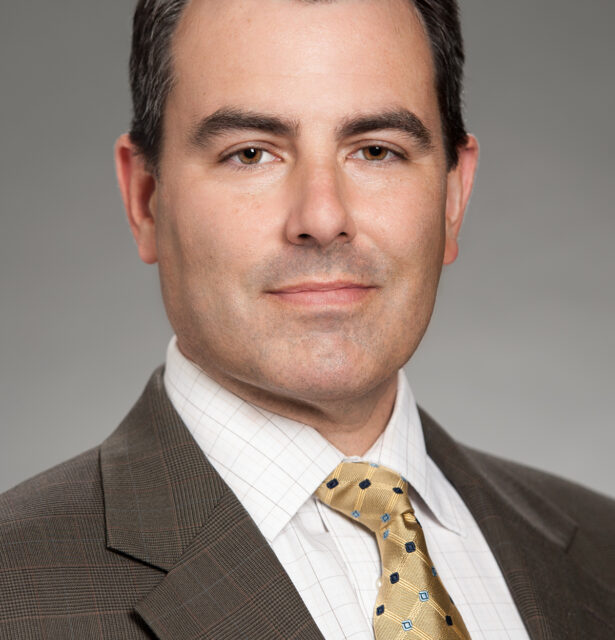Rounding sessions were conducted on 100% of employees and were critical to project success. A PDCA cycle was completed and utilized to sustain results. Improvement in employee wellness domains of work-life balance, well-being, and crisis recovery was achieved. This case study describes how a healthcare leader implemented intentional, personalized rounding to promote employee wellness. A Shewhart Cycle of Plan, Do, Check and Act (PDCA) was employed as the performance management method and the voice of the customer was captured through the organization’s annual employee engagement survey. The primary issue addressed by this project centered on understanding employee stressors and implementing interventions within leadership control aimed at minimizing hindrance stressors, leveraging available organizational resources to promote health, and adopting approaches to foster coping, work-life balance and cultivating resilience. This improved employee wellness and resulted in a favorable organizational climate.
Problem: Increasing workplace demands magnified by the Covid-19 pandemic create employee stressors. Chronic stress can lead to burnout which is correlated to job dissatisfaction, absenteeism, and turnover resulting in an unfavorable organizational climate
Measurement: Employee wellness was measured by a third-party vendor (Press-Ganey) as part of an annual organizational climate survey. The tools utilized included a Shewhart Cycle (PDCA) and a standard question template used during employee-manager rounding sessions
Analysis: Pre-intervention employee engagement and work-life balance themes were reviewed and opportunities to enhance wellness were identified. Post-intervention employee engagement and wellness scores were reviewed and results were analyzed
Implementation: Rounding sessions were implemented as part of a PDCA process improvement cycle. Organizational resources, professional development opportunities, and job crafting were employed to promote challenge stressors and mitigate hindrance stressors. Quality professionals may benefit from this work by integrating basic process improvement techniques to support busy operational leaders

